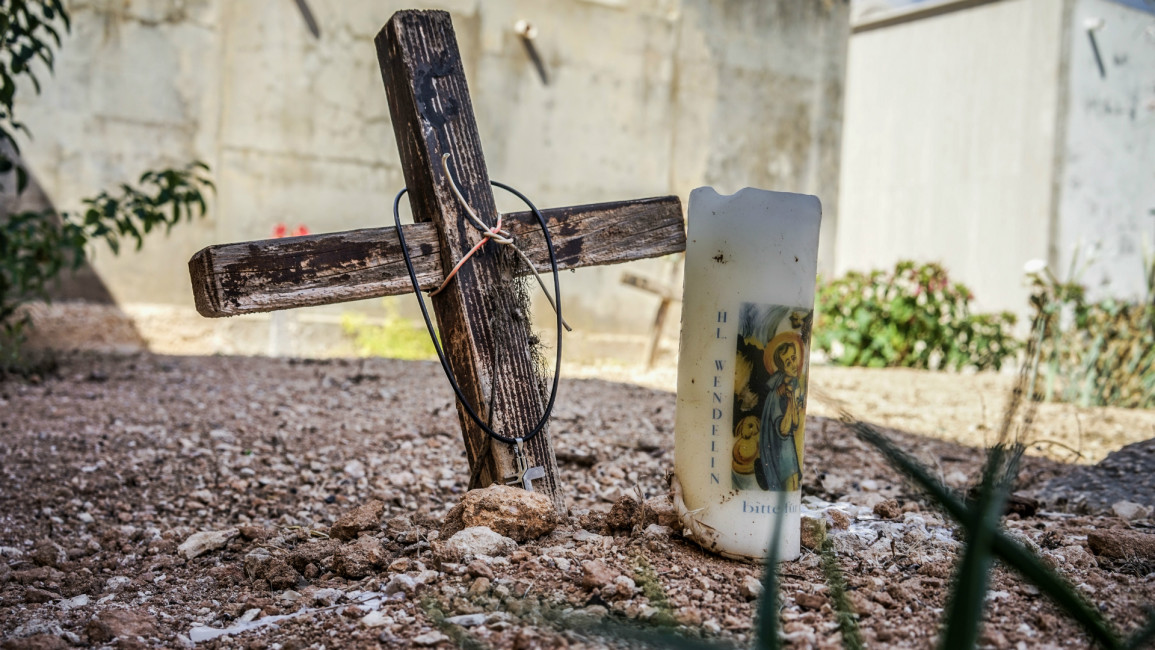Mediterranean deaths: searching for an answer
The Libyan coastline is a deadly place. The latest disaster to befall migrants fleeing for Europe has killed up to 700 when their boat capsized, days after up to 400 were lost in similar circumstances.
Primitive and ill-equipped boats organised by people-smugglers have been leaving regularly with the increased tumult in the Middle East and Africa. The United Nations refugee agency, UNHCR, says that this year has been the deadliest, with more than 900 deaths compared with 17 this time last year.
Two-thirds of migrant deaths in 2014 were in the Mediterranean, making it the deadliest border crossing in the world according to the International Organisation for Migration.
Syrians and Eritreans are the largest groups trying to flee for Europe in this manner. More than 222,000 Syrians registered asylum applications in Europe between April 2011 and December 2014, according to UNHCR.
The Syrian refugee crisis is the biggest in the world with one in four of the 13 million refugees worldwide being assisted by the UNHCR are Syrian.
Gauri van Gulik, the deputy Europe director at Amnesty International, told al-Araby al-Jadeed: "Not even counting today's tragedy, 2015 already saw a 50-fold increase in deaths compared to same period last year.
| How many deaths does it take for Europe to invest in a multi-country humanitarian operation? Gauri van Gulik Amnesty International |
Van Gulik said European governments had cut resources and funding to rescue operations, most notably Mare Nostrum which the Italian government launched in October 2013 with support from other governments such as Malta, Greece and Spain.
The search and rescue operation, which had cost $122m, ended in October 2014 and was replaced by the EU's Triton, which focuses more on maritime border surveillance.
Van Gulik asked: "How many deaths does it take for Europe to invest in a multi-country humanitarian operation that focuses on rescues, patrols the waters where migrants and refugees actually go down, and boosts resources?".
The European Commission is holding an urgent meeting of 28 EU member states in light of the most recent deaths.
The commission is calling for a regional response not just from Europe but also from Arab and African countries where many of those seeking asylum are from.
"As long as countries of origin and transit do not take action to prevent these desperate trips, people will continue to put their lives at risk," said the EC in a statement.
Van Gulik said that even though a regional solution is needed, "Europe can't outsource its responsibilities".
"Ultimately, people will continue to try and reach Europe. Without more safe and legal routes, migrants and refugees will continue to be forced on the deadliest border crossing in the world: the Mediterranean."
With Libya remaining violently unstable with the presence of the Islamic State group and militias backing two rival governments, the civil war raging on Syria and Iraq, more deaths are expected in an already deadly year.



